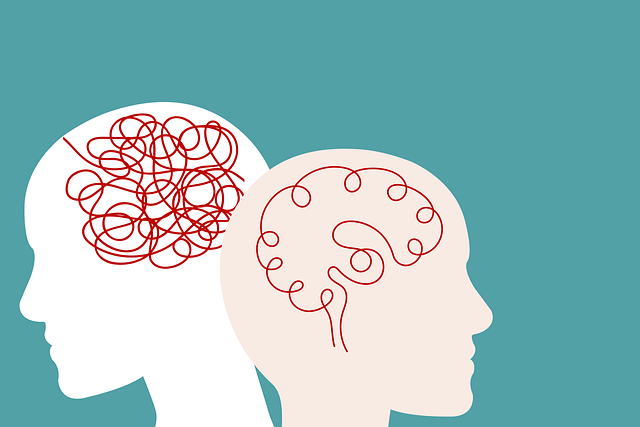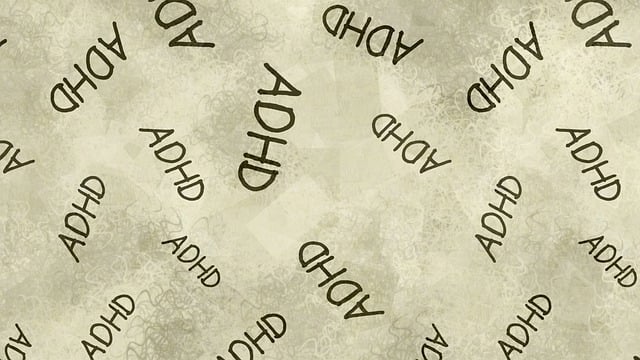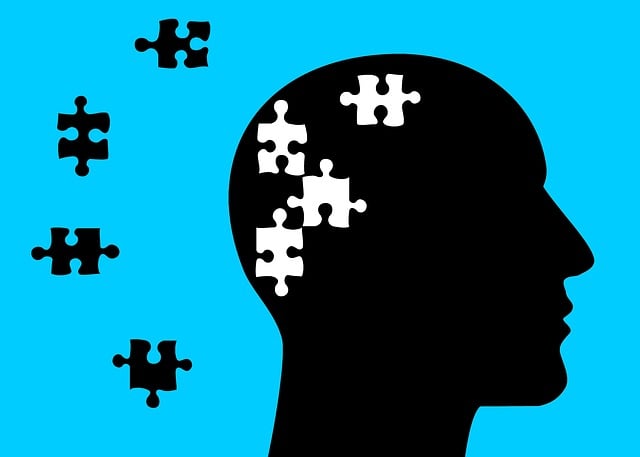TL;DR:
Codependency, characterized by emotional reliance on others and fear of abandonment, is treated through professional therapy combining individual counseling, group sessions, and communication strategies. Tools like the C-STAI aid diagnosis, while therapy focuses on personal growth, coping mechanisms, and mental wellness. Resources like the Mental Wellness Podcast Series offer techniques for conflict resolution. Effective management includes crisis intervention, stigma reduction, and building a supportive network, empowering individuals to navigate relationships independently and improve their overall quality of life through therapy for codependency.
Mental illness, especially codependency, can be challenging to navigate. This article provides a comprehensive guide to understanding and overcoming codependency, focusing on symptoms, diagnosis, and effective treatment options. We explore the role of therapy in addressing this complex issue and building a robust support system for long-term recovery. By delving into these key areas, we aim to empower individuals seeking therapy for codependency with knowledge and hope for a brighter future.
- Understanding Codependency: Symptoms and Diagnosis
- Navigating Treatment Options for Codependency
- The Role of Therapy in Overcoming Codependency
- Building a Support System for Long-Term Recovery
Understanding Codependency: Symptoms and Diagnosis

Codependency is a complex psychological phenomenon where an individual’s well-being is inextricably linked to and defined by another person’s emotional state, often leading to unhealthy reliance on that relationship for validation. This relationship dynamic can develop in various contexts, including romantic partnerships, families, or even within social groups. Understanding codependency involves recognizing its key symptoms, which include excessive sacrifice of one’s own needs, difficulty setting boundaries, and a strong fear of abandonment.
Diagnosing codependency typically requires a comprehensive assessment by a qualified mental health professional. Through therapy sessions, individuals can explore the origins of their codependent behaviors and learn effective coping strategies to navigate relationships more independently. While there is no specific diagnostic code for codependency in the Diagnostic and Statistical Manual of Mental Disorders (DSM-5), therapists often use tools like the Codependency Evaluation System or the C-STAI (Codependency Scale) to assess symptoms and guide tailored therapy for codependency, thereby contributing to broader mental illness stigma reduction efforts. Additionally, integrating mental wellness journaling exercises and coaching programs can offer valuable support in fostering personal growth and enhancing overall mental wellness.
Navigating Treatment Options for Codependency

Navigating treatment options for codependency can be a complex process, but professional guidance is crucial in this journey. Many individuals struggle with understanding their specific needs and the vast array of therapy types available, such as cognitive-behavioral therapy (CBT) or motivational interviewing. Engaging in Therapy for Codependency requires a tailored approach, often involving a combination of individual counseling, group sessions, and learning communication strategies to foster healthy relationships.
Effective management involves more than addressing symptoms; it entails developing coping mechanisms and enhancing overall mental wellness. The Mental Wellness Podcast Series Production offers valuable insights into various therapeutic techniques, including Conflict Resolution Techniques, which can empower individuals to navigate interpersonal dynamics with greater ease. By embracing these resources, folks embark on a path towards personal growth, healing, and improved quality of life.
The Role of Therapy in Overcoming Codependency

Therapy plays a pivotal role in overcoming codependency by providing individuals with the tools and skills necessary to build healthy relationships and assert their independence. Codependency, often rooted in early life experiences or trauma, can manifest as an unhealthy reliance on others for validation and emotional support. Through therapy, individuals can explore these underlying issues, gain insights into their behaviors, and learn to set boundaries. Therapists guide clients towards self-discovery, encouraging them to challenge negative thought patterns and develop a stronger sense of self-worth.
Mental wellness coaching programs and crisis intervention guidance are valuable components that complement traditional therapy for codependency. By combining therapeutic techniques with structured support, these programs empower individuals to navigate their mental health journeys effectively. Additionally, stigma reduction efforts play a crucial role in creating an environment where those struggling with codependency or other mental illnesses can seek help without fear of judgment, fostering open dialogue and promoting early intervention.
Building a Support System for Long-Term Recovery

Building a robust support system is pivotal for individuals navigating mental illness and striving for long-term recovery. This includes fostering strong relationships with friends, family, or support groups who can offer encouragement, understanding, and practical assistance. Therapy for codependency, a common issue that often accompanies mental health struggles, plays a crucial role in strengthening these connections. Through therapy, individuals learn effective communication skills, conflict resolution techniques, and mind over matter principles to navigate interpersonal dynamics more healthily.
Additionally, incorporating self-awareness exercises into daily routines can deepen understanding of one’s emotions, triggers, and needs, further enriching the support system. This proactive approach empowers individuals to set boundaries, express their feelings openly, and cultivate relationships that nurture rather than hinder their recovery journey. Together, these strategies create a supportive network essential for sustaining mental health improvements over time.
Overcoming codependency is a journey that requires understanding, support, and the right tools. By recognizing the symptoms and seeking professional help through therapy for codependency, individuals can navigate their treatment options effectively. With the right approach, building a strong support system becomes possible, leading to long-term recovery and a healthier, more fulfilling life. Remember, taking steps towards healing is courageous, and access to the right resources can make all the difference.








